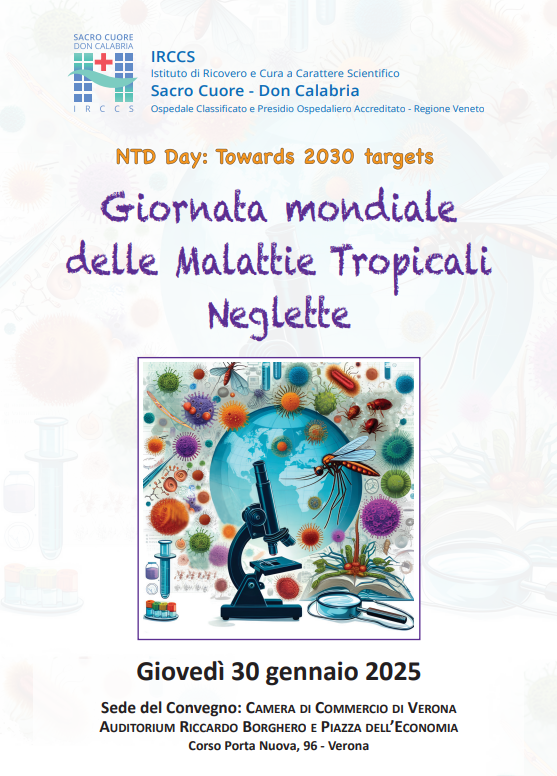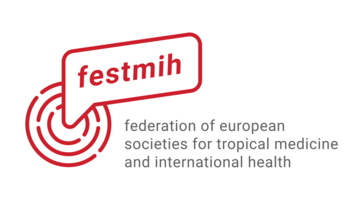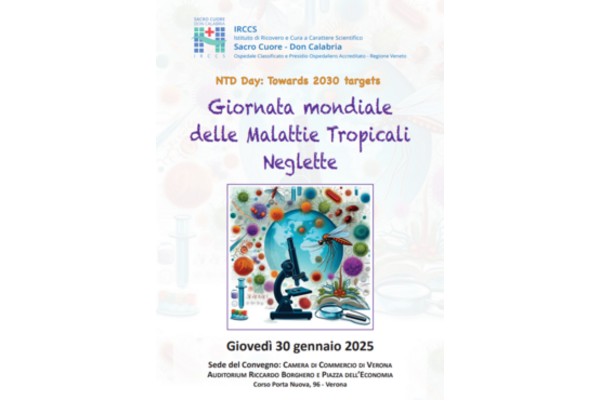
NTD Day: Towards 2030 targets
Giornata mondiale delle Malattie Tropicali Neglette
Language: Italian
Neglected tropical diseases (NTDs), or rather “forgotten” diseases, are a group of diseases with a strong link to poverty. Some have names that are difficult to pronounce (e.g., schistosomiasis, chikungunya), and few have heard of them outside of a small scientific community. Yet they affect a huge segment of the world's population, with important burden on mortality, morbidity and even social stigma (e.g., leprosy), perpetuating a cycle of poverty and disease. Despite difficulties (of funding, of recognition), international efforts have made it possible to significantly reduce their prevalence, and some of these diseases are close to elimination as a public health problem in many countries. However, there is a need to continue to closely monitor their progress, because climate change, travel and migration take NTDs out of their traditional boundaries and thus create potential foci of transmission in previously unaffected areas. One example is dengue, which in recent years has caused some epidemics, fortunately still limited, even in Italy (last locally transmitted cases in fall 2024). For those working in clinical and public health settings, therefore, it is no longer justified to forget these diseases.
The Department of Infectious and Tropical Diseases and Microbiology (DITM) at IRCCS Sacro Cuore Don Calabria in Negrar (Verona) has a long tradition of diagnosing and treating many of the diseases included in the list of NTDs, and has international collaborations on the topic, also related to its role as a WHO collaborating centre for strongyloidiasis and other NTDs.
At this conference, DITM is pleased to give the floor to national and international experts
(including a Nobel Peace Prize-nominated researcher) who will explore different aspects
of these diseases, from the WHO global view to epidemiology in Italy.


